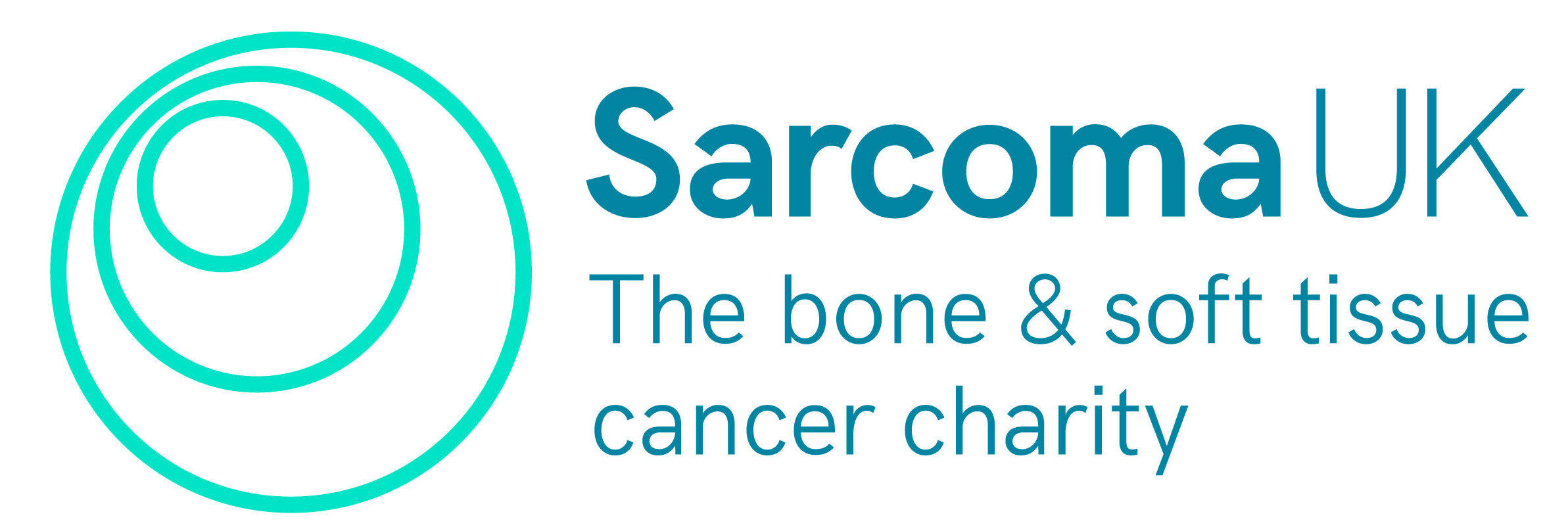About use MY data
Our Calls to Action and Position StatementsThe Patient Data CitationOur ImpactOur standards for engagement with external bodiesGRAIL & the NHS-Galleri TrialSubmissions to National ConsultationsOur evidence to the Welsh GovernmentResearch Advisory Group (RAG)Citizen access to recordsGP Data for Planning and Research
Events
Join us
News
Education sessions




